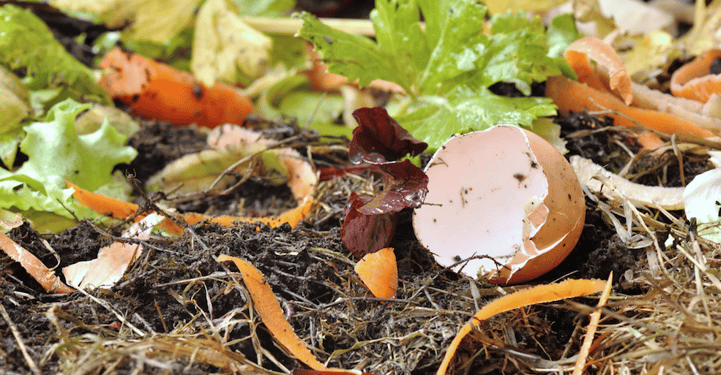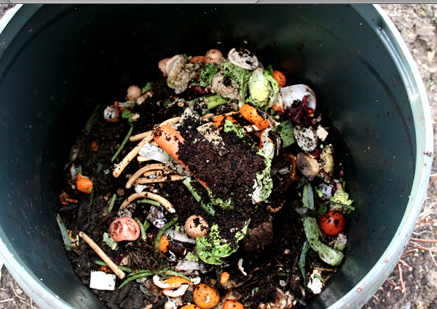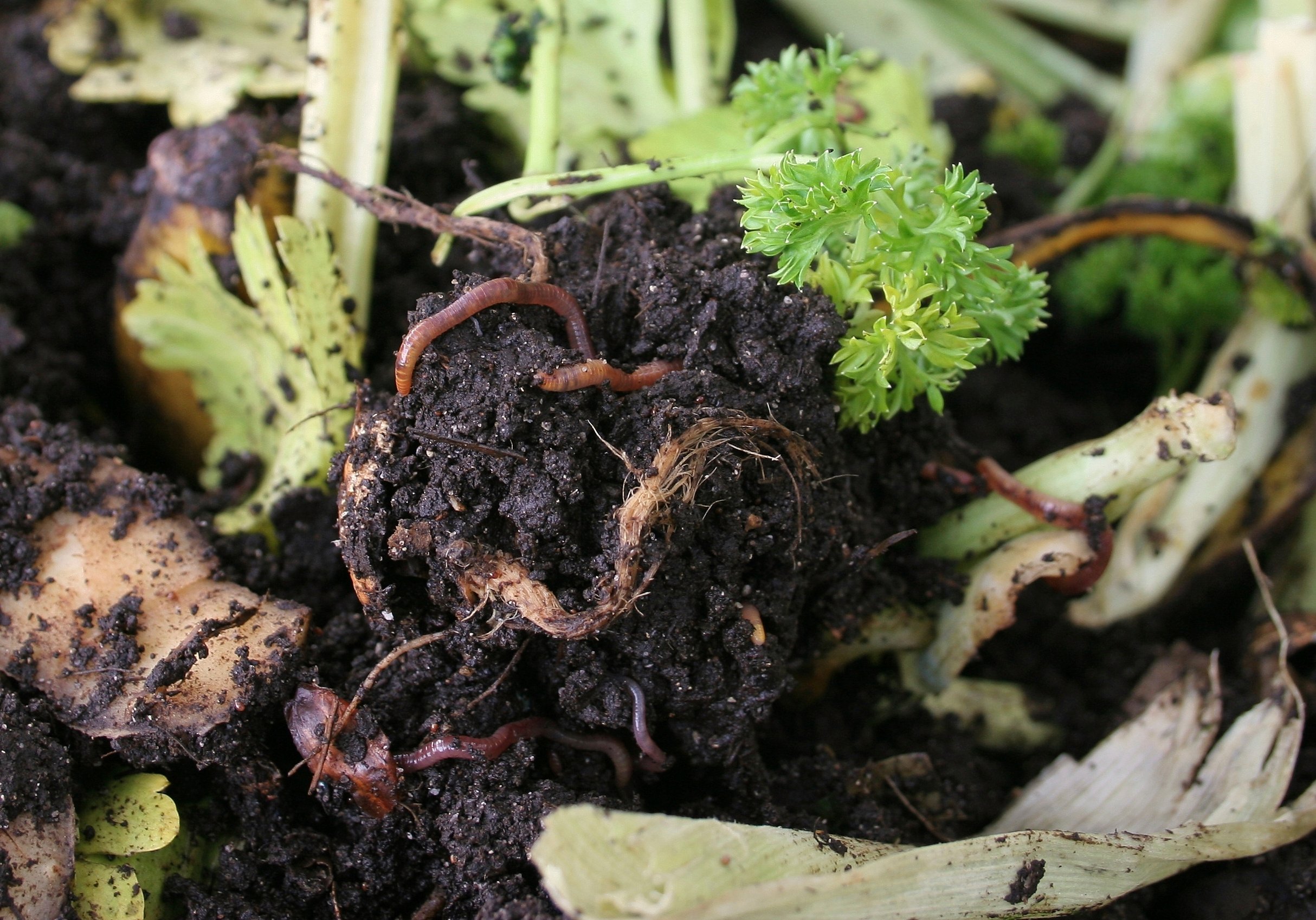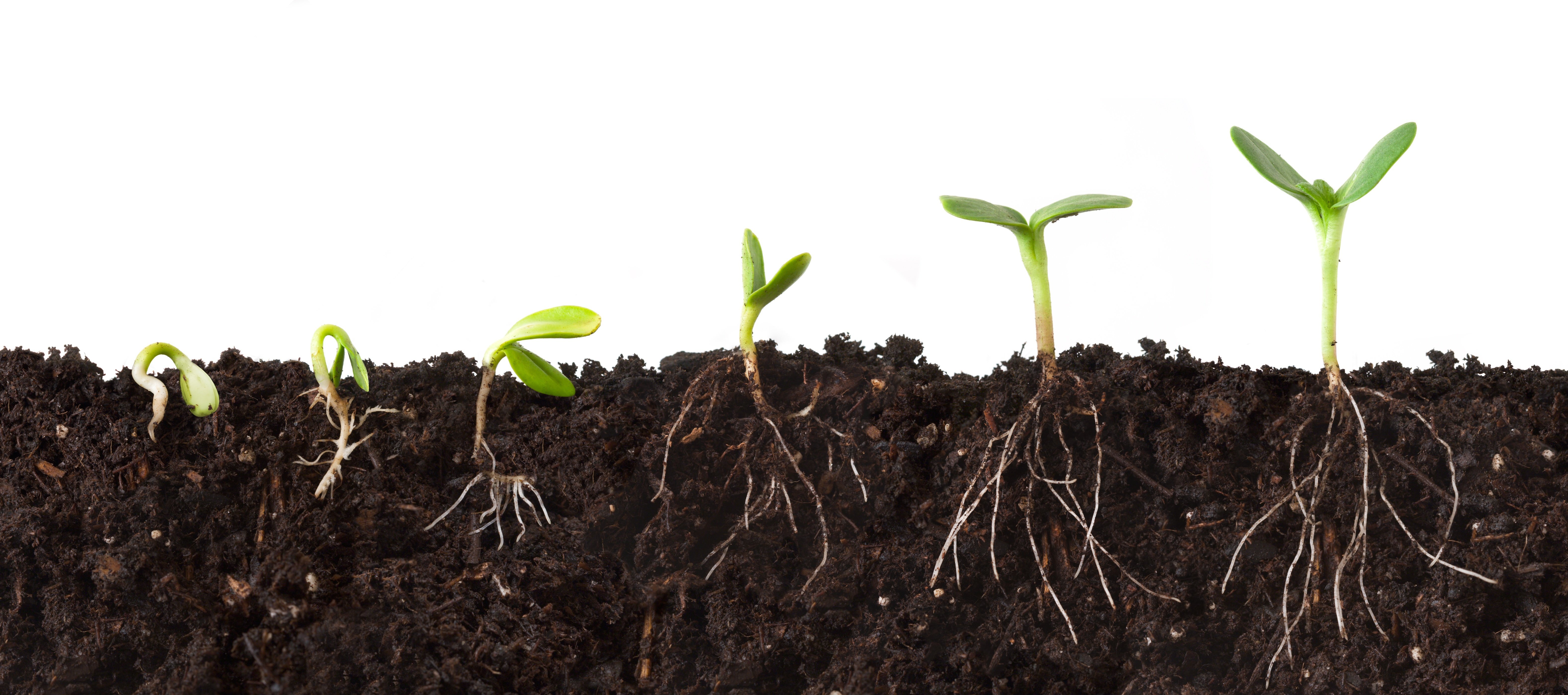 |
July 21, 2017
|
1:00 PM
|
July 21, 2017
|
1:00 PM
Recent
Popular
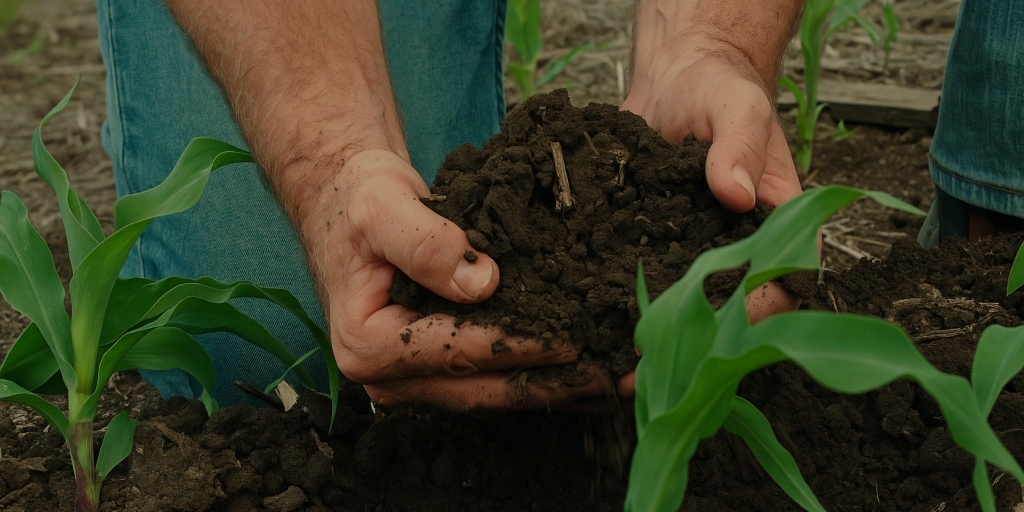
-2.jpg)
.jpg)
-4.jpg)
-2.jpg)
-1.jpg)
.webp)
-1%20(1).webp)
-831535-2.webp)
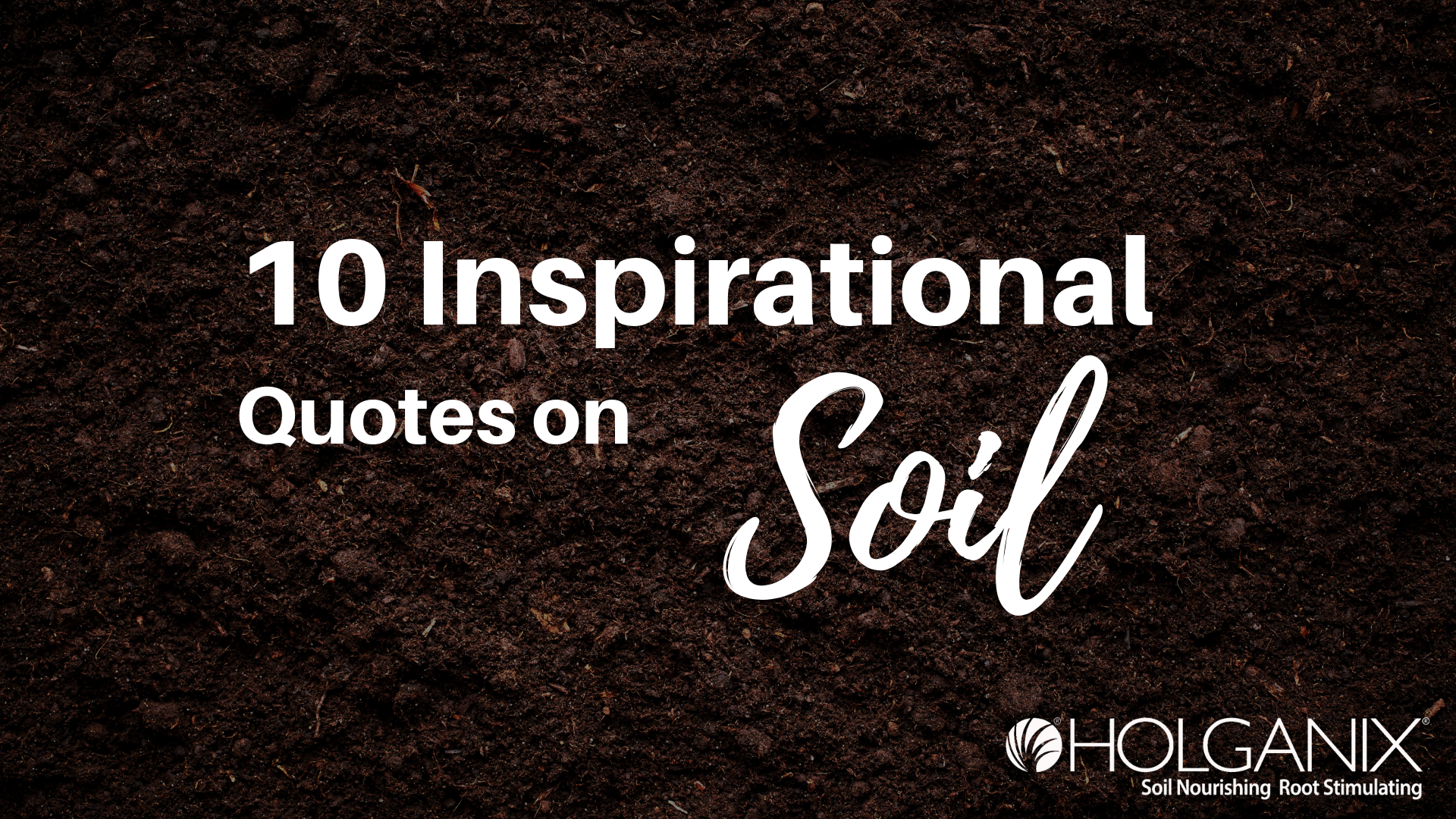
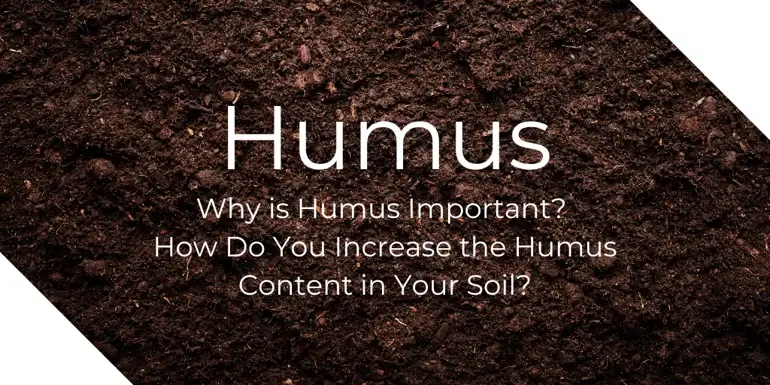
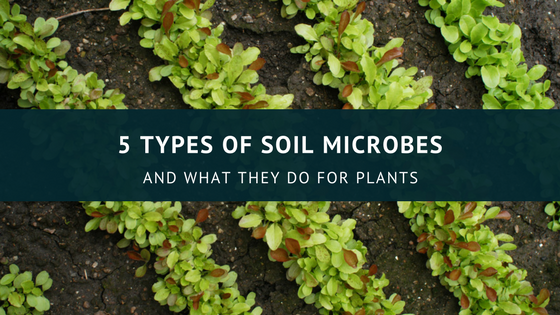

A Love Letter to Soil
-2.jpg)
5 Takeaways from Davos: How Resources, Resilience and Risk Are Quietly Rewriting Strategy
.jpg)
WHAT WE LEARNED AT FARMCON 2026
-4.jpg)
Soil As Infrastructure: How the Real Asset Beneath Our Feet Is Being Repriced
-2.jpg)
How Carbon Gets Dirty: The Science of Moving Carbon From Air to Soil
-1.jpg)
Holganix Case Study: Stance Capital
.webp)
Monocots vs Dicots: What You Need To Know
-1%20(1).webp)
4 Key Soil Types: Advantages and Disadvantages
-831535-2.webp)
8 Advantages and Disadvantages of Using Organic Fertilizer

10 Inspirational Quotes On Soil

Humus: Why Is Humus Important? How Do You Increase Soil Humus Content?

5 Types of Soil Microbes And What They Do For Plants
Lists by Topic
- blog (423)
- lawn care (378)
- agriculture (221)
- golf course (205)
- sports turf (202)
- holganix reviews (168)
- story (126)
- Holganix Bio 800 (32)
- farmers (28)
- soil health (24)
- soil (17)
- trees (16)
- webinar (16)
- Holganix Bio 800 Breakdown (14)
- holganix case studies (12)
- Holganix Bio 800 Agriculture (11)
- Soil heath (11)
- soil microbes (10)
- Holganix Bio 800+ Revive (9)
- carbon (9)
- crop residue (8)
- holganix results (8)
- HGX (7)
- fertilizer (7)
- Gratitude (6)



